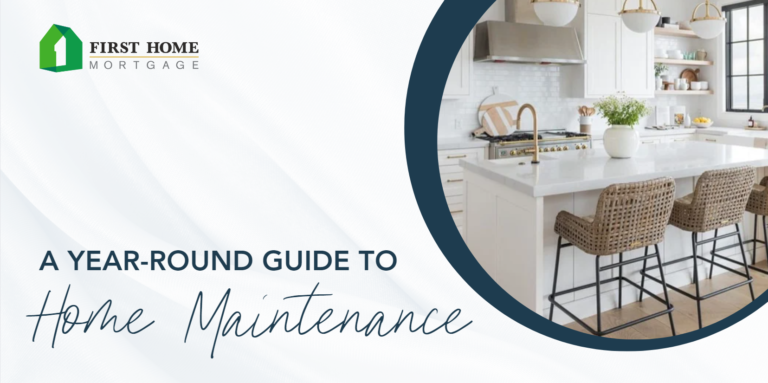
Selling your home can be challenging, especially when it is your first time doing it, but it doesn’t have to be! While each individual home selling experience comes with its own unique challenges, there are some common mistakes you can avoid to make the selling process a bit easier when you are ready to put your home on the market.
Choosing the Wrong Real Estate Agent
When you are involving yourself in real estate, it’s important to thoroughly vet the agent you’re working with. First and foremost, you should check their credentials and licensing to ensure you are working with an accredited professional. There are lots of qualified agents out there, and determining the right one to work with really depends on your particular needs. Ask whether they charge a flat fee or a percentage of the sales price, and whether you are able to negotiate their commission. Seek out reviews from past clients to get a candid sense of what they are like to work with. Ask the agent directly about how they plan to best represent and assist you. How do they plan to market your home? Are they knowledgeable about the market in your particular area? How will they communicate with you and on your behalf, and how often? Choosing the wrong agent can make the selling process more difficult and stressful, and can even result in you losing out on money.
Incorrectly Pricing Your Home
You may think your home is the nicest one on the block, but the price you want to get and the price buyers are actually willing to pay may be quite different. It is important to understand your local market and strive to strike a balance between getting what your home is worth and not asking too much. If you price your home too low, you can lose out on money. If you price it too high, it can be difficult to sell. A skilled real estate agent will be able to perform a comparative market analysis and help you determine the optimal asking price for your home. If you want to get a more accurate estimate of what your home may be worth, hire a home appraiser to come in and value your home before working directly with an agent. This way you have a number in mind when selecting the list price on your home.
Not Preparing Your Home for Sale
Failing to adequately prep your home for sale can negatively impact its sale price. Tidy up your house and consider having it professionally cleaned. Something as simple as putting a fresh coat of paint on the walls can really freshen up the look of your home. When it comes to creating a listing and holding showings and open houses, you should stage your home. If you cannot afford to hire a professional, take a DIY approach to staging. Do not forget about the outside of your home; after all, it’s the first thing people see when visiting your house. Do any necessary yardwork and cleaning and consider sprucing up your landscaping.
Hiding Problems and Needed Repairs
Trying to hide problems in your home is more likely to come back to bite you than help you sell your home. Odds are any issues will be discovered during the buyer’s inspection. Consider having your home inspected yourself in order to uncover any potential issues. If you are able to take care of a repair prior to listing your home, you should. Many buyers want a home where they don’t have to deal with any renovations or repairs. If you do not want to or are not able to complete a repair before selling, it’s important that you are honest with the buyer about the work that needs to be done. In fact, some states have disclosure rules that require you to reveal known problems.
Not Requesting the Buyer’s Mortgage Pre-Qualification
Pre-qualification is received by a buyer from a lender and estimates how much they can expect to borrow. This signals to you, the seller, that the buyer is serious about their offer and will be able to secure a mortgage covering the price of your home. Without proof of pre-qualification from a buyer, your run the risk of them not being able to secure funding and the sale falling through.
Being Overly Emotional
Selling a home can be an emotional experience, but it is important not to let your emotions overcome you and lead your decision making. Do not take low offers personally; think of it as a starting point for negotiation or simply decline the offer and move on—it does not mean they don’t think your house is nice. If a buyer has plans to renovate, it does not mean they think your home is ugly or that you have not done a good job with upkeep; it simply means they have a different vision and want to make the home their own. You may have years of memories wrapped up in this home and it can be difficult to leave it, but remember that at the end of the day, this is a business deal and you should do what you can to get the best return possible.
When selling a home, you are most likely also considering buying a new home. Contact one of our experienced Loan Officers today to explore your mortgage options!


